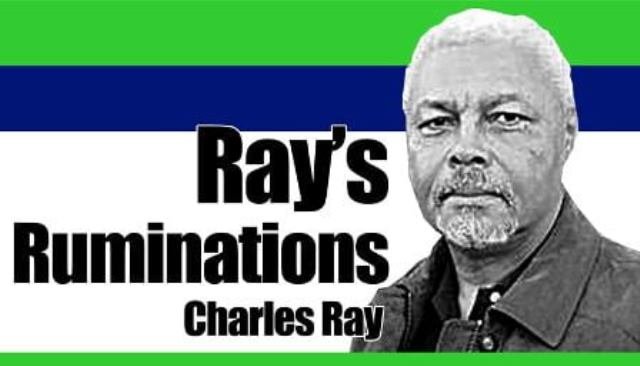
In the 1770s, British settlers in North America fought a war to free themselves from the tyranny of the English king. If you follow American news and politics, however, you would probably come to the conclusion that we’ve been fighting for the past two hundred plus years to establish our own monarchy.
Almost from the beginning, Americans have had an ambivalent attitude toward and a morbid fascination for having a king as our head of state. The Continental Congress even toyed with the idea of making George Washington a king – thankfully, he declined. Unfortunately, it didn’t end with George’s refusal to accept a crown and scepter. It has, in fact, continued to raise its ugly head through the centuries, albeit under a different name – the unitary executive.
What, you might ask, is a unitary executive. Why, that’s a head of government who is not subject to any checks or balances from the other elements of government, to wit, the legislative or judicial. He (or in rare instances, she) is not subject to the laws and restrictions that apply to ordinary citizens. This, mind you, despite the oft-stated principle that in the United States, under our Constitution, no one is above the law.
Until recently, that is.
On Monday, July 1, 2024, the U.S. Supreme Court, in a 6-3 decision declared that presidents and former presidents have broad immunity from criminal prosecution for official acts they took while in office. Now, in all fairness, the court did not grant ‘absolute’ immunity for all acts of presidents while in office, nor did it define ‘official acts.’ But, this decision opens a Pandora’s box of possibilities for an opportunist who manages through the vagaries of the Electoral College to get elected to the office of president, and takes us one step closer to having a president who, like kings of old, is not subject to the same laws as his ‘subjects,’ but who is the law. It comes very close to making Richard Nixon’s statement, ‘if the president does it, it’s legal,’ a reality.
The court’s decision does, in fact, leave the door open to criminal prosecution of a president, even while in office, committing crimes that are not ‘official acts,’ but by not defining what constitutes ‘official acts,’ they created openings for manipulative people to try and game the system. While it’s unlikely that a president could get away with ordering the military to assassinate a political rival—one must hope—trying to manipulate vote counts through subterfuge or (nod, nod, wink, wink) encouraging a mob to block certification of a vote, are in gray areas that allow a lot of potentially bad conduct.
Now, why should anyone who doesn’t live in the United States even care about what on the surface looks like an American problem? I’ll tell you why. For good or evil, the U.S. is still emulated by many around the world. Sometimes things that are copied are good, or at worst just kind of tacky. But at other times, the things copied would best be ignored.
The American fascination with guns, for example, or the fact that many extreme rightwing groups are taking their cues from the far-right in the U.S., or, the Nazis in the 1930s and 1940s, who modeled their ethnic cleansing programs and the anti-Jewish pogroms on the Jim Crow laws of the American south.
The world’s autocrats and dictators like to put themselves above the law, and this is a disturbing model for them to emulate. Instead of having to use the military or police to put themselves above local laws, all they have to do is get the courts in their pockets and have them issue decrees to that effect.
Kind of frightening when you think about it. One can only hope that someday soon we here in the U.S. will come to our senses and the Supreme Court, as it did with the ‘separate but equal’ doctrine of the 1896 Plessy v. Ferguson decision, overturn the present ruling and issue one that is more in line with the letter and spirit of the Constitution, a decision that establishes the principle of ‘no one is above the law.’ | NWI




